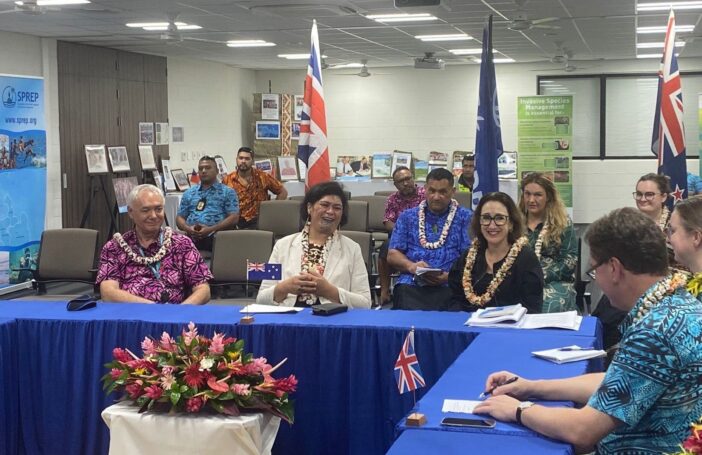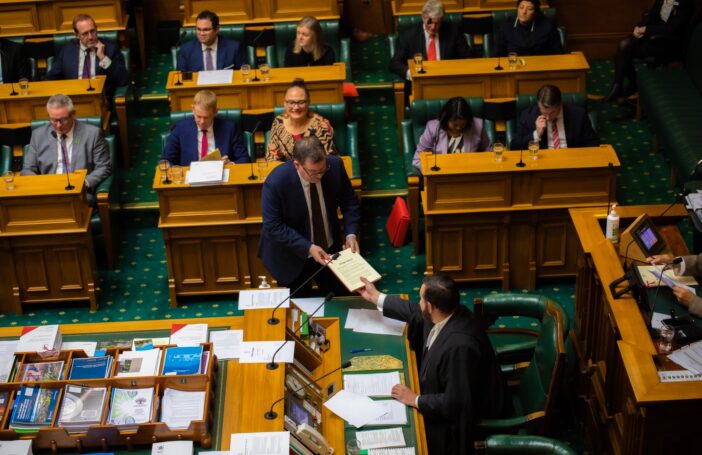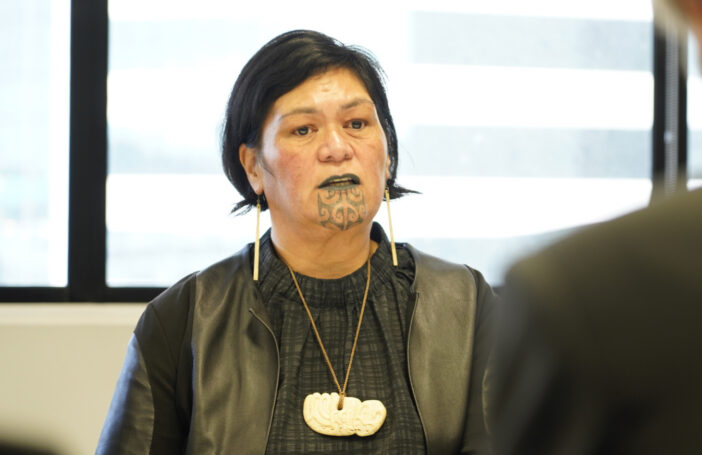People’s health and livelihoods sit at the core of what we do at the New Zealand Ministry of Foreign Affairs and Trade (MFAT), particularly when it comes to our Aid Programme. So it will be no surprise to hear that a very large proportion of our attention has been on COVID-19 since the start of this year. We have had to respond to unprecedented and immediate issues arising from a pandemic that is having huge impact, right across the globe. More recently, though, we have begun to think about what the impacts of COVID-19 might mean for us and for our partners going forward.
If I cast my mind back to January and February, when it seemed like the global situation was changing significantly on a daily basis, my team’s priority was to get to grips with the practical implications of the unfolding pandemic; thinking about the welfare of staff and delivery partners in New Zealand and those based abroad in the Pacific and beyond, and laying the foundations for us to continue our core work as a Ministry and an Aid Programme should the situation worsen. It was only in March that I think we, and the world, really started to comprehend the enormity of the situation.
In mid-March, we approved an initial package of rapid financial support, from existing Aid Programme baselines, to be directed to twelve Pacific countries in response to COVID-19. This package was focused on two key outcomes, the first being to support health preparedness by providing critical equipment to bolster Pacific countries’ existing health systems. We were able to quickly provide a range of medical equipment such as oxygen machines, isolation facilities, ventilators, and personal protective equipment (PPE), as well as organise for Pacific countries to access free COVID-19 testing through the New Zealand Institute of Environmental Science and Research (ESR) in Wellington. Some of this health-focused support was also channelled through the WHO’s action plan in the region.
The second key outcome was to build economic preparedness through financial contributions towards Pacific governments’ emerging economic response initiatives. Even without extensive cases of COVID-19 in Pacific countries, we already clearly recognise the huge economic impacts that Pacific countries are going to face. Most economic forecasts are now expecting GDP growth to be negative for virtually all Pacific countries in 2020, in some cases with double-digit negative GDP growth. One important aspect of our early response work in the Pacific has been to work with a range of partners, including Pacific governments, Australia, and the Pacific Islands Forum Secretariat, to ensure that supply chains for food, fuel, and medical supplies remain operational around the region.
Beyond the Pacific, too, we were able to respond to urgent requests for health system preparedness, such as in Timor-Leste and Indonesia.
I was pleased with how quickly we were able to deliver this initial package of support, but even as it was being approved, we knew that this was just the beginning of a longer-term need to better focus our Aid Programme on COVID-19 and the inevitable fallout. Over the past month we have been able to think more thoroughly about what this pivot might look like. I particularly like the term ‘pivot’ because it is not a complete change of direction; long-term strategic objectives and partner country priorities, such dealing with climate change, will endure. However, certain aspects will be considerably different in the short and medium term. The task at hand for the Aid Programme is therefore to chart a course whereby we can tackle both shorter-term COVID-19 impacts as well as longer-term strategic issues.
First, a scaled-up focus on health system strengthening. This will remain in the spotlight, and rightly so, for some time. Second is a broad suite of economic response and recovery measures that will evolve over time. We are committed to supporting partner countries to rebuild more inclusive, more diversified, low-emission and climate-resilient economies. Third is a need to look more closely at social protection, social inclusion, and tackling the range of underlying issues that lead to fragility and vulnerability within countries and particularly for the most disadvantaged communities. This is ‘what we can deliver’.
‘How we deliver’ will look a lot different. We are likely to rely much more than before on digitally-enabled ways of delivering aid projects. We will also need to strengthen coordination efforts with governments and other development partners so that collective response and recovery efforts are maximised.
It is still early days in mapping out this Aid Programme pivot with clarity and there is a lot more to think through in the coming months. But one thing that has stood out to me since the pandemic began is the incredible commitment and determination from so many people and organisations in our partner countries and in New Zealand to adapt to these extremely challenging circumstances. This includes local communities in our partner countries, NGOs and development partner organisations on the ground as well as those continuing to support initiatives remotely, businesses, other civil society organisations, and of course my MFAT colleagues. All of this has taken place while other major challenges – including the recent Tropical Cyclone Harold – have not stopped and waited for the impacts of COVID-19 to be over.
As always, I want those of us who work for the New Zealand Aid Programme to be reaching out to and hearing from a range of other stakeholders, particularly to guide us through the various response and recovery scenarios that will be playing out across individual countries, at regional levels, and globally, from here. So for those of you with ideas to share with us, we look forward to hearing from you.
This post is part of the #COVID-19 and the Pacific series.






Having spent a year in south Bougainville I know the community in Buin and was happy and relieved to hear the health centre staff were preparing well.
There is no connectivity at the health facility and any other comms relies on the use of limited personal data.
Good luck in supporting this often forgotten community at the end of a long road 😊